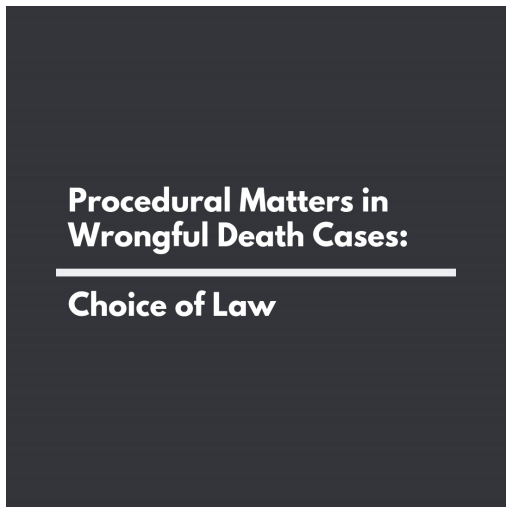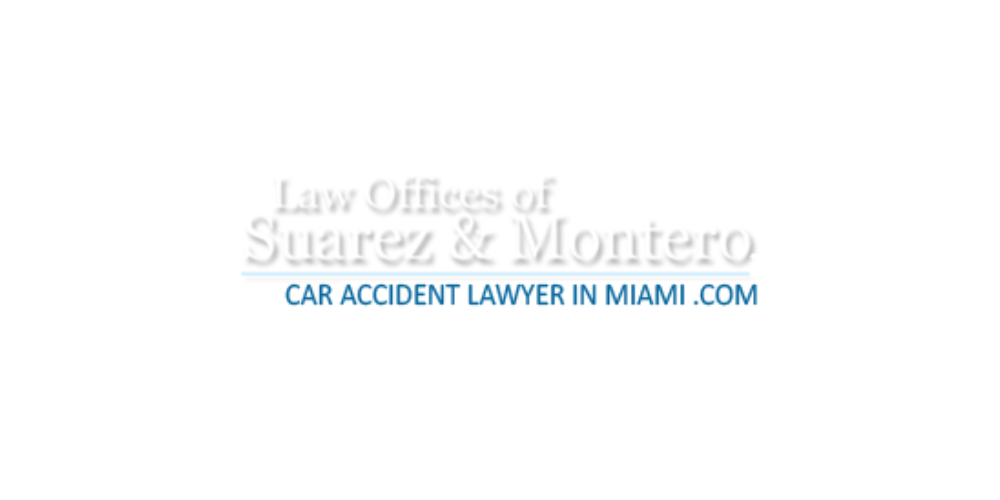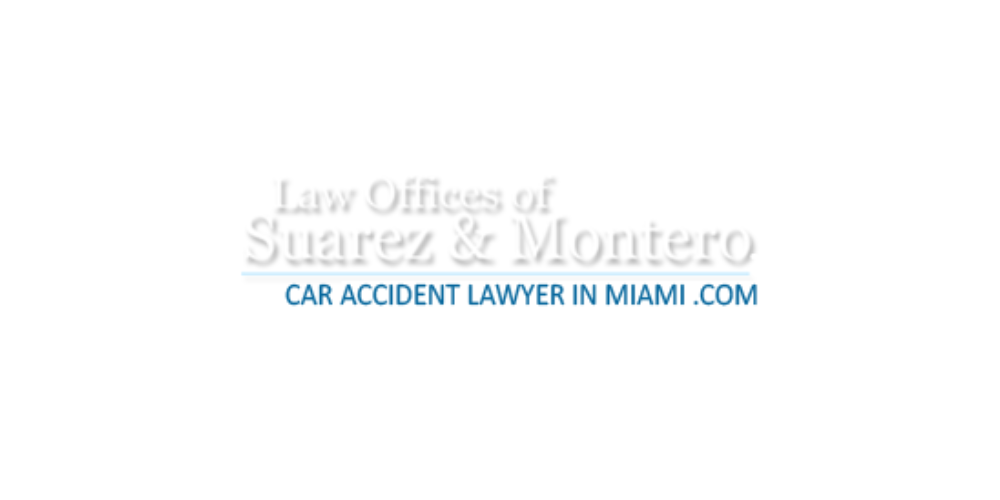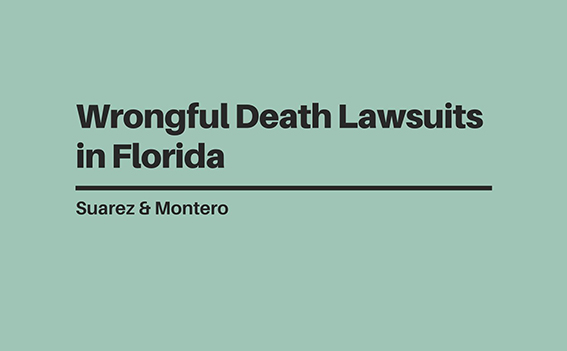
Procedural Matters in Wrongful Death Cases: Choice of Law
A large number of wrongful death cases arise out of situations where the wrongful conduct and death occur in different states. These cases raise the issue of which state law should apply in determining damages in a subsequent wrongful death action. When a claim includes many Defendants, venue for the case must be proper for at least one of the defendants. If a Defendant takes issue with the venue for the case, the defendant can challenge the plaintiff’s choice of venue as improper. If the court holds a hearing on the issue, the plaintiff will have the burden to show that the venue is proper for the action. If the venue is not proper, the court will not have jurisdiction and the case will have to be transferred to a different court.
What is the Different Between the Place of Injury Rule & The Significant Relationships Test?
In the past, the court in Florida use to apply the Lex loci delicti doctrine which is commonly referred to as the place of injury rule. The place of injury rule requires strict application of the substantive law of the state where the injury at issue occurred. This rule has been widely adopted in many states because it provides consistent and stable standards for choice of law determinations for parties. However, in the landmark case of Bishop v. Florida Specialty Paint Company, the Florida Supreme Court abandoned the Lex loci delicti rule and adopted the more flexible “significant relationship test.” The Court held that “the rights and liabilities of the parties with respect to an issue in tort are determined by the local law of the state which, with respect to that issue, has the most significant relationship to the occurrence and the parties. The factors that must be considered in determining which state has the most significant relationship are: 1) the place where the injury occurred, 2) the place where the conduct occurred which caused the injury, 3) the domicile, residence, nationality, place of incorporation, and place of business of the parties, and 4) the place where the relationship, if any, between the parties is centered. This test does not completely reject the place of injury rule. Under most circumstances, the state where the injury occurred will still be the decisive consideration in determining which state law to apply. However, the significant relationship rule recognizes that the state where the injury occurred may not have much significance for the cause of action and that other factors may outweigh the place of injury as the controlling consideration. The significant relationship test has been applied to wrongful death cases. In wrongful death cases, the interpretation of substantive issues regarding automobile liability insurance policies can be an issue where the policy was issued in another state. In these cases, the Florida courts will apply the Lex loci doctrine instead of the significant relationship test. The Lex loci rule requires that the courts apply the law of the state where the insurance policy was issued to decide substantive issues regarding the policy and to determine whether coverage exists. Although the courts realize that this rule is inflexible, they reason that it is necessary to ensure that contractual arrangements remain stable over time. However, the application of the lex loci doctrine is generally limited to tortious injury cases such as wrongful death actions involving motor vehicle accident insurance policies and uninsured motorist benefits.
Contact an Experienced Personal Injury Attorney Today!
There is no replacement for quality legal advice after being involved in a car accident. The car accident attorneys at Suarez and Montero would love to have an opportunity to explain the law in Florida to assist you in presenting a strong claim against the at fault party. Every firm is distinctive and auto accident victims have needs that are also distinct. needs are different. The Florida auto accident attorneys at Suarez & Montero encourage you to reach out so that we can explain more about the different ways that our law firm and attorneys can provide legal help and guidance after an auto accident. Make an appointment with us at one of our many locations. Remember, we work on a contingency basis so you will owe us nothing If we are unable to obtain successful results for your case. The attorneys at Suarez & Montero can meet with you to discuss further. always available to talk with you and answer your questions. Our skillful attorneys are genuinely committed to our clients. We will fight to make sure that you get the maximum amount of compensation owed to you. Let us help you get the medical care you need and fight to make sure you are compensated for your injuries! Our attorneys are ready to provide proven legal representation in pursuing your claim and stand ready to protect your rights. We are available 24/7 to give you a free, no risk case consultation.
We serve clients throughout Florida including those in the following areas:
Miami-Dade: Aventura, Coral Gables, Doral, Fontainebleau, Hialeah, Homestead, Kendall, Miami, Miami Beach, Miami Lakes, North Miami, Tamiami, and Westchester.
Broward: Fort Lauderdale, Hallandale Beach, Hollywood, Pembroke Pines, and Weston; and Palm Beach County including Boca Raton, Lake Worth, and West Palm Beach.
The Law Offices of Suarez & Montero Car Accident Attorneys represents accident victims injured in various types of accidents including:
• Distracted Driving Accident Lawyers
•Drunk Driving Accidents
• T-Bone Car Accidents
• Road Rage Car Accidents
• Head-on Collisions
• Rollover Accidents
• Rear-end Car Accidents
• Left Turn Accidents
• Failure to Yield Car Accidents
• Sideswipe Accidents
• Merging Accidents
• Lane Change Accidents
• Construction Zone Car Accidents
• Truck Accidents
• Semi-Truck Accidents
• Bicycle Accidents
• Train Accidents
• Pedestrian Accidents
• Boating Accidents





